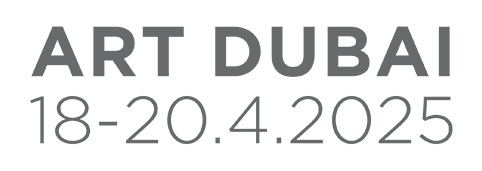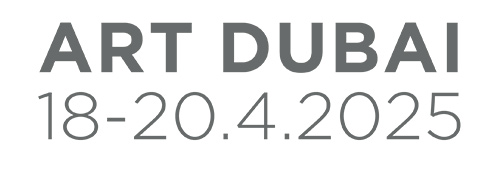Art Dubai Modern Symposium is a series of talks and presentations focused on the life, work and cultural impact of 20th century masters from the Middle East, South Asia and Africa. Renowned curators, scholars and patrons will lead the sessions that delve into the styles, influences and practices of artists whose work contributes to the history of art produced in the 20th century.



